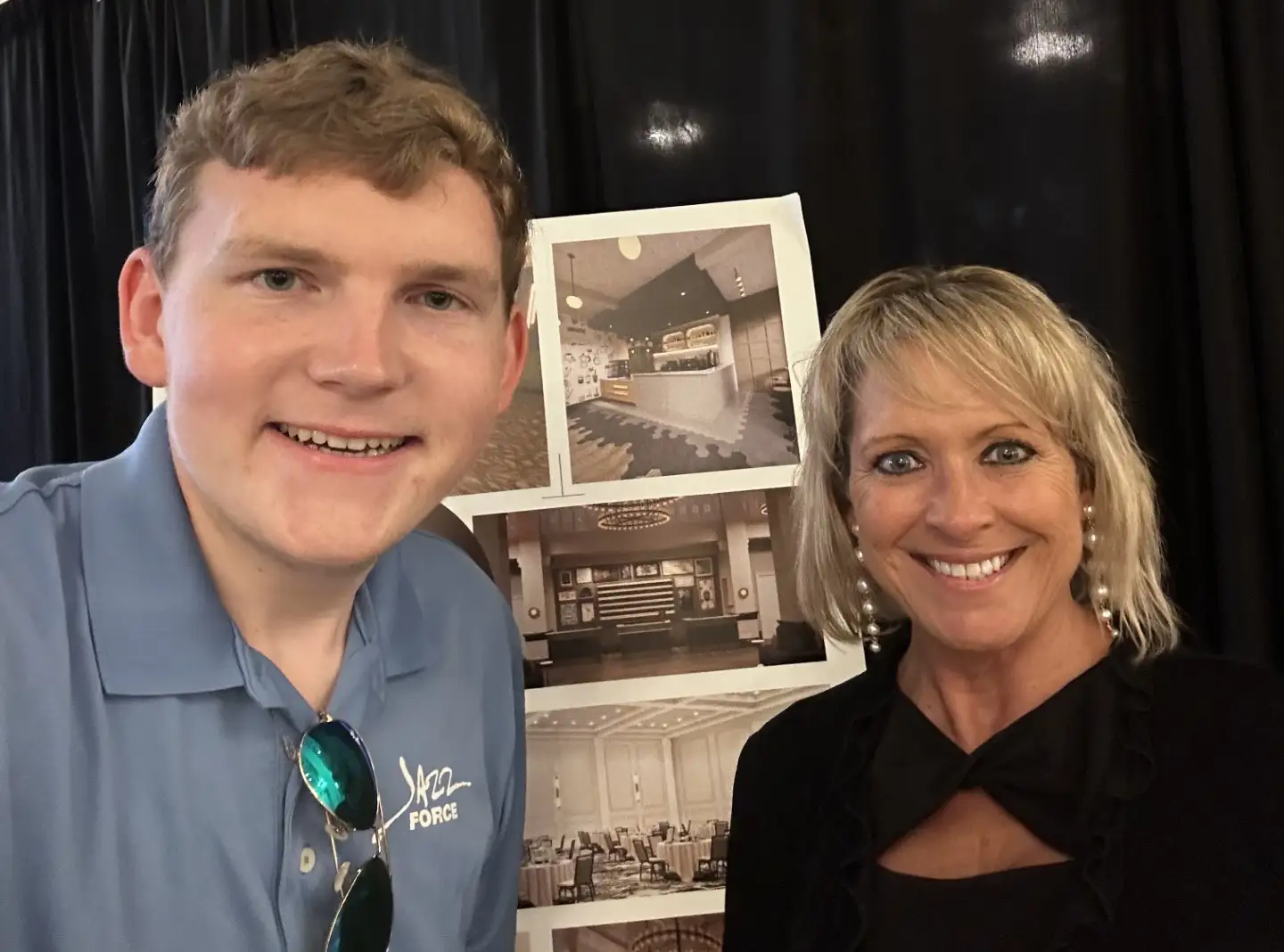AI in Action: Exploring the Future of Work in Tampa Bay
Across the world, especially over the last year, we have heard so much about the rise of artificial intelligence. Together, we are working to understand what this technology is all about, how to use it in our daily lives, and discovering how it will evolve over time. Personally, in my own life, I have begun to use simple AI tools like ChatGPT or automated website assistants, not to complete my work for me, but to be more efficient, and expand what is possible for one person to achieve. Admittedly, using technology like this, I’ve thought a lot about how AI will impact the future of work, and how many single-oriented task jobs might be replaced by a robot. I’m a strong proponent of efficiency and creating a better future through the use of technology, however, I worry greatly about how a competitive job market may become even more tricky to navigate, especially for emerging youth.
As such, in order to better understand how this technology would impact key industries, and ultimately, our future, I embarked on a research tour in my community of Tampa Bay, FL to meet with key industry leaders, learn about their plans to use this technology, and understand how this may impact their workforce into the future. Although this research was conducted during the last year, I believe the findings are still very relevant today, and showcase what the future of work might look like as we move forward. In order to gain a thorough understanding of key industry plans, I chose to meet with leaders in the marine aquarium, finance, hospitality, service, and entertainment sectors.
For example, in the entertainment sector, visiting the Tampa Theatre, there was a key focus on efficiency, and how to further enhance their work in providing incredible shows for guests, while exploring how AI could aid in their work. Specifically, they have ideas to implement an AI-based chatbot on their website that could answer questions of guests like upcoming showtimes, or how to buy tickets. They believe this would help to provide answers to customers key questions, while ensuring this service is readily available at all times.

Another interesting observation when visiting the Hotel Flor was their planning to integrate AI technology in areas like the taking/placing of customer orders within their onsite restaurant, and assisting in general inventory management activities where needed. Although this hotel has a very talented staff that places a strong emphasis on customer satisfaction, integrating this technology could allow for rapid order processing and fulfillment, while ensuring that onsite inventory can be easily tracked, and new materials can be ordered as necessary.
Within the service industry, I enjoyed the chance to learn more about plans of the Tampa Laundry Company to use AI technology in content creation relating to marketing, and how this technology could be used to fold garments in the future. Exploring fully-automated garment folding was interesting, as it provides the opportunity to further expand the customer base of the organization, while ensuring the same quality of service can be delivered. Utilizing AI for marketing materials is a very innovative approach, and one that I think is being used by many as this technology continues to evolve.
On the whole, I greatly enjoyed the chance to get an up-close look at the work of key industries in integrating AI into their work, and planning for how it would impact the future of their organization. Although there was a great focus on innovation, a notable discussion point in every group that I met with was understanding that they plan to use AI not as a job-replacer, but as a job-enhancer. These organizations believe that repetitive tasks can be completed with the help of AI, allowing employees to expand their work, and continually enhance their service to customers.
The future of AI is very uncertain, and as this technology continues to rapidly change, so will the opportunities for utilization in our daily life. However, it’s exciting to think about how this technology will be an additive in the workplace, and not a job reducer.
By Sean Schrader, WSA Youth Ambassador in USA.

